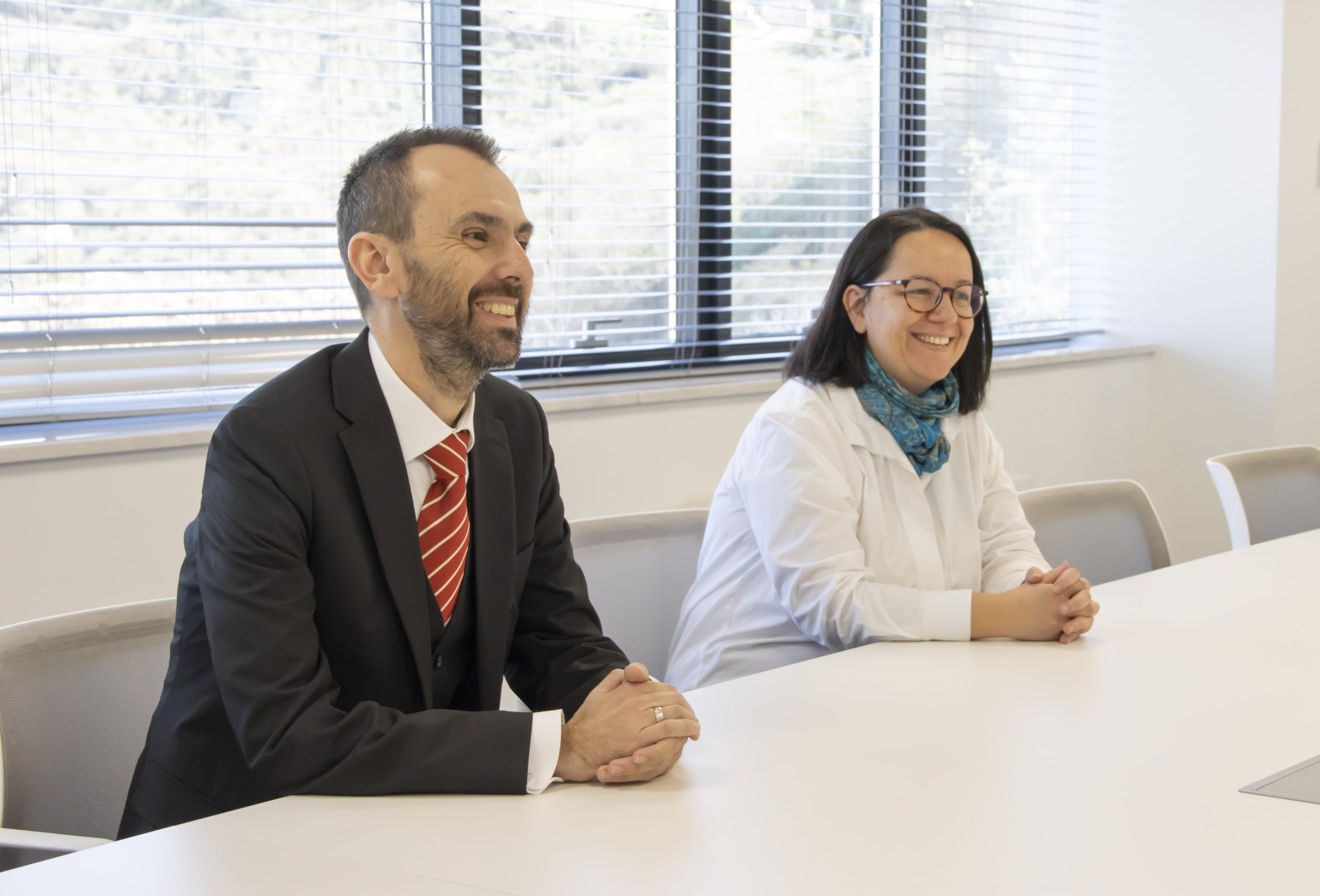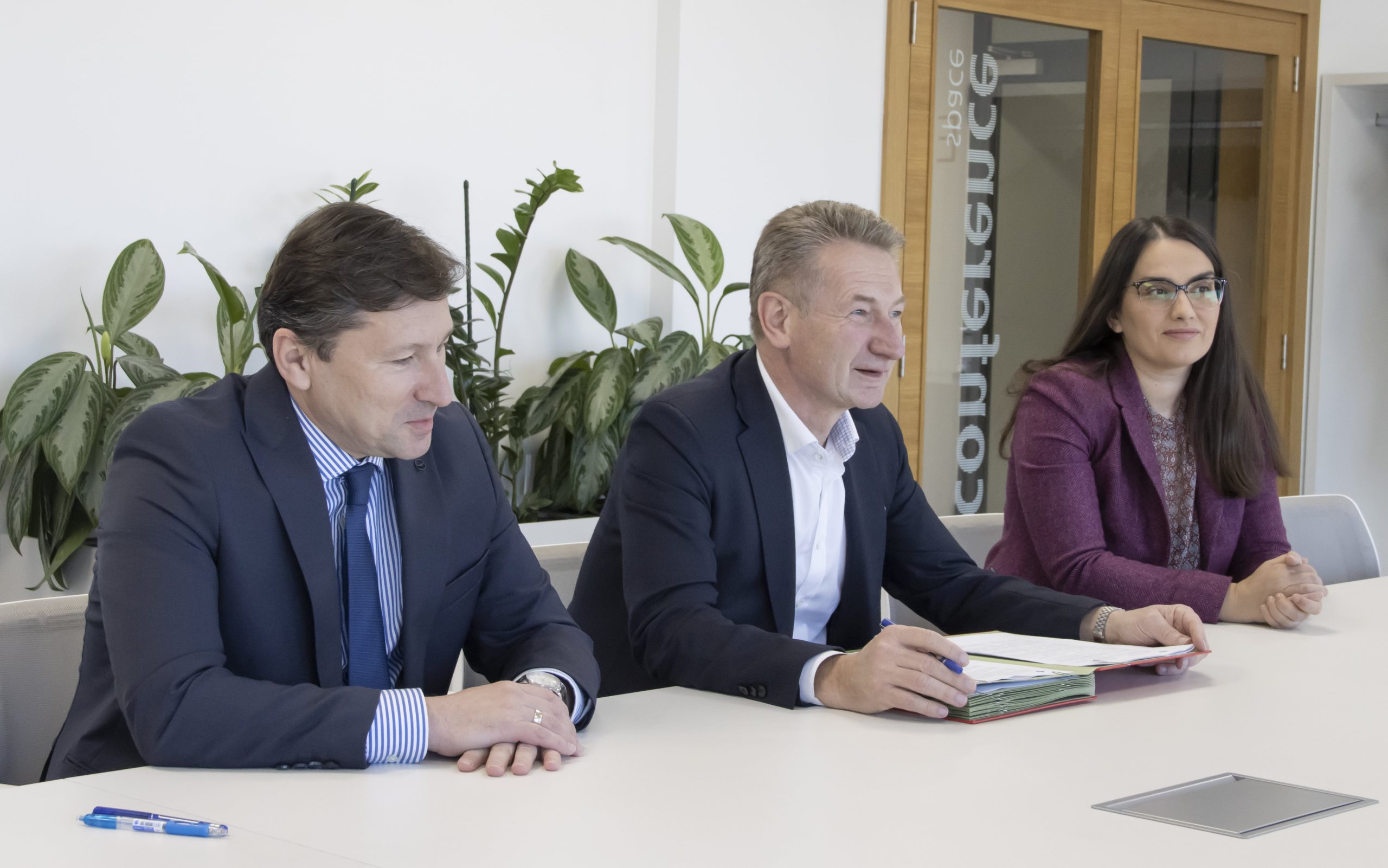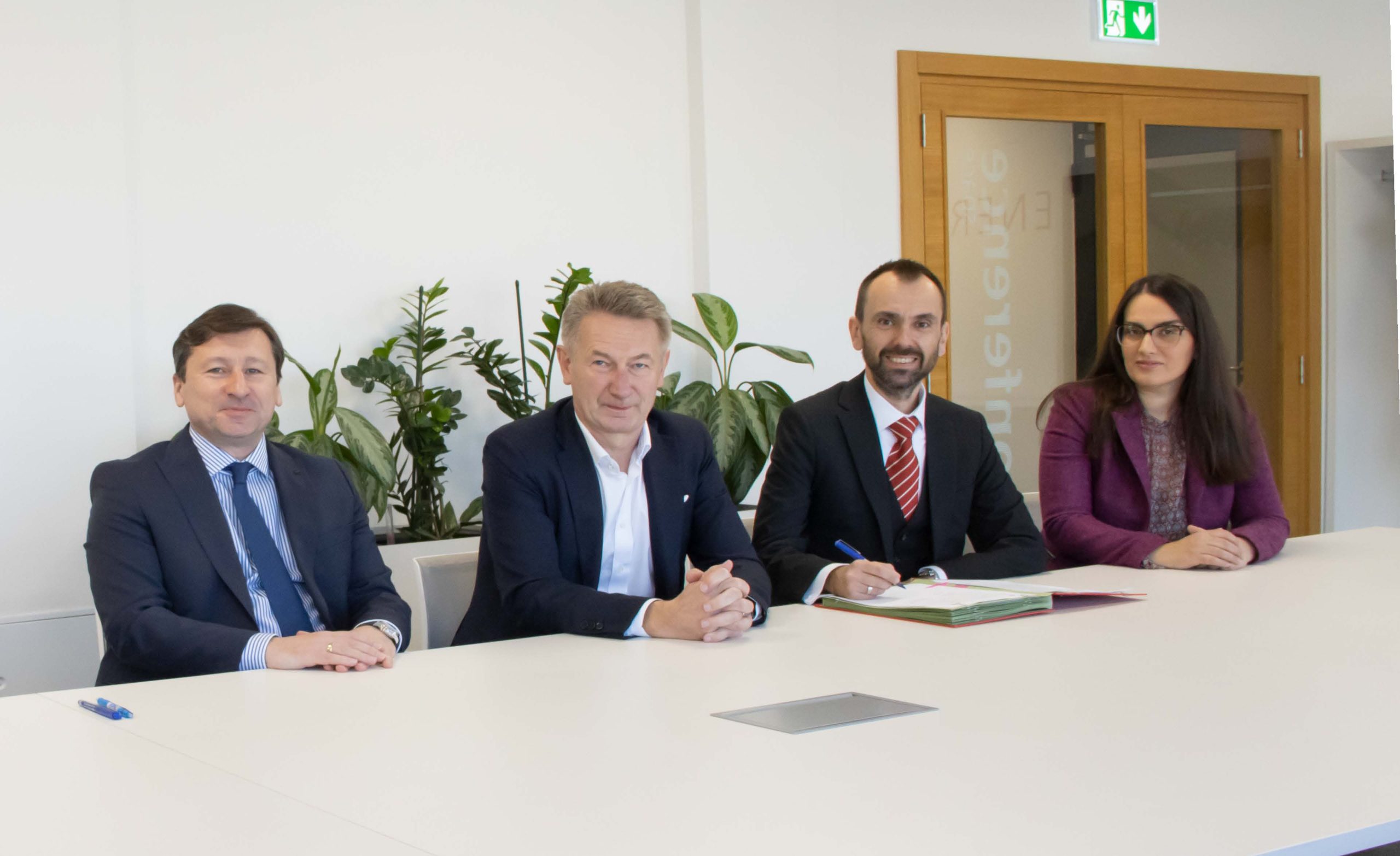The continuous collaboration between EVN Macedonia and the Faculty of Electrical Engineering and Information Technologies (FEEIT) is further confirmed through the signing of a Memorandum of Cooperation in the field of scientific research and innovation. This memorandum affirms our shared commitment to innovation, research, and education, and strengthens the link between academia and industry.
By deepening our cooperation, we aim to develop and broadly apply innovative solutions across all areas of electrical engineering and information technologies, fostering knowledge exchange that will benefit both future engineers and the industry as a whole. This initiative will enable us to leverage our joint research potential for participation in international projects and increase the visibility of our academic community, which is especially important for FEEIT students. It will also support the development and real-world application of innovative solutions. We believe that through this partnership, we will create new opportunities for professional development, promote digitalization, and contribute to a sustainable energy future.
The signing of the Memorandum was followed by a joint meeting between Mr. Wolfgang Mayer, Chairman of the Management Board of EVN Macedonia; Dr. Igor Gievski, Member of the Management Board of the company; Aneta Petrovska-Rusomaroski, Head of the Innovation, Sustainability, and Environment Department; and Irina Ilijeska Lefterovska from the same department, together with representatives from FEEIT – the Dean, Prof. Dr. Vladimir Atanasovski, and the Vice Dean for Science and International Cooperation, Prof. Aleksandra Krkoleva Mateska. The meeting was filled with discussions about the possibilities for collaboration in all areas of electrical engineering and information technologies, particularly regarding the challenges in implementing digitalization and energy transition processes, as well as opportunities for applying innovative solutions and new technologies to support these processes. We agreed that together we can encourage the innovation and creativity of our students, who will continue to be the driving force behind these complex processes.






